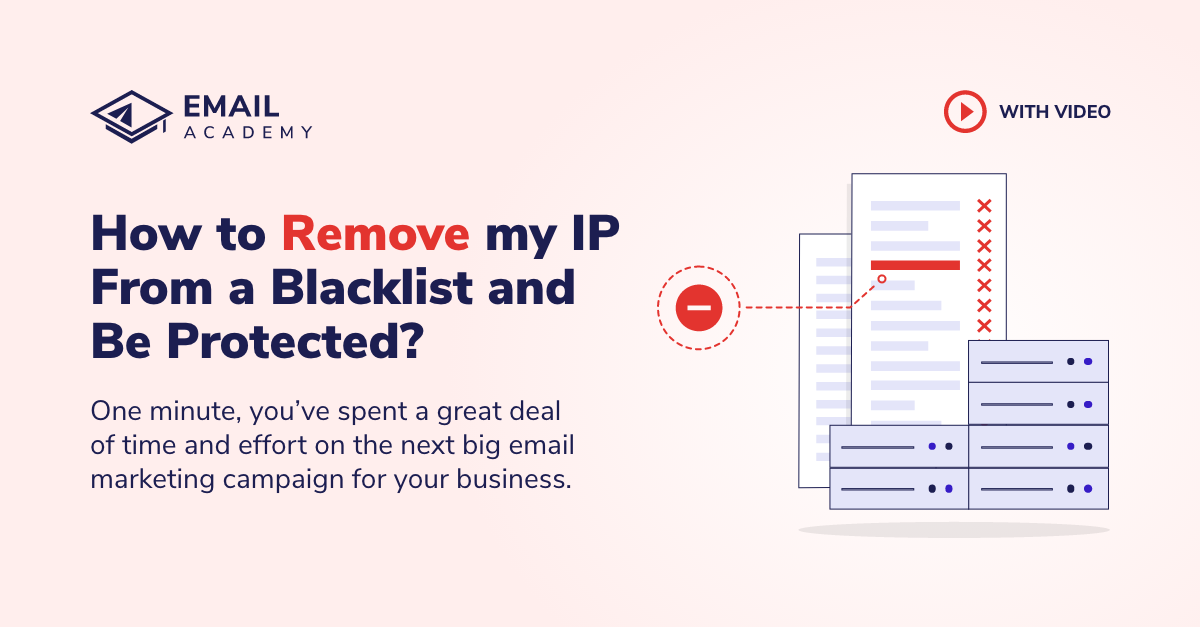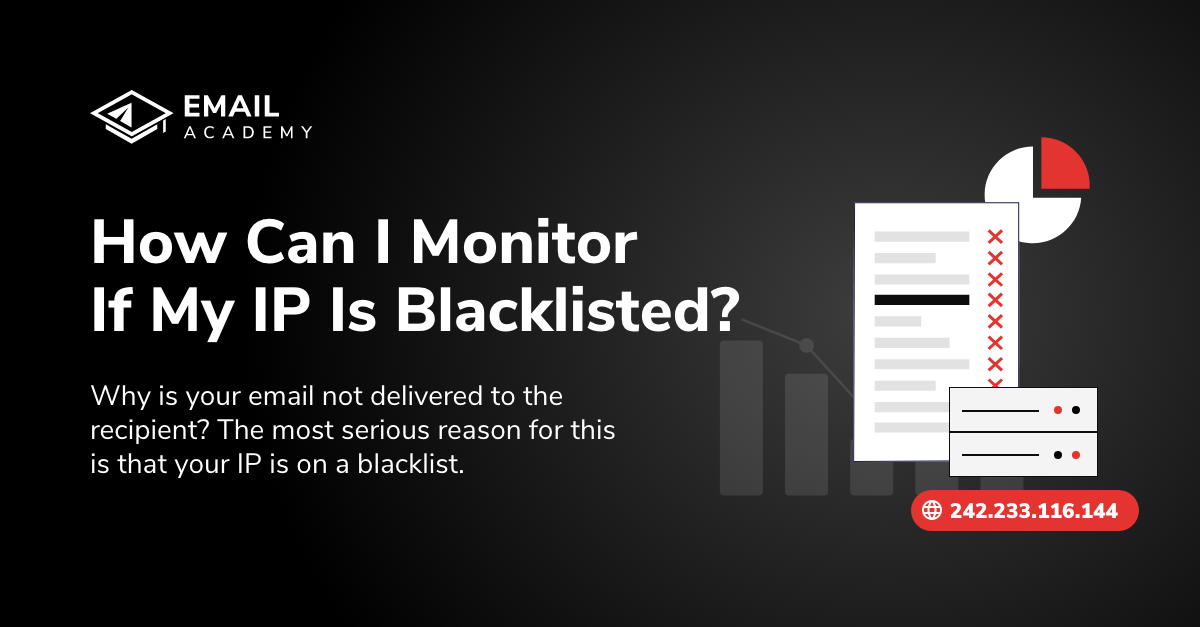How Can I Avoid Being Blacklisted?
Courses: Email Academy
Create: 918 days ago
Update: 816 days ago
Reading time: 7 min
We get it. It’s frustrating to fear every time you send an email marketing campaign to recipients that you might get on a blacklist for some reason. Your fear is completely normal and valid, as blacklists can severely damage your reputation and even destroy your business if not taken as seriously as they should be.
This lesson is here to help you take steps toward avoiding going on any blacklist in the future. You will learn about:
- What blacklisting is
- The reasons why people get on email blacklists
- Steps and tips on how you can prevent your IPs and domains from getting on a blacklist
What is Blacklisting?
Let’s start from the beginning. To avoid such damaging situations as getting on a
blacklist
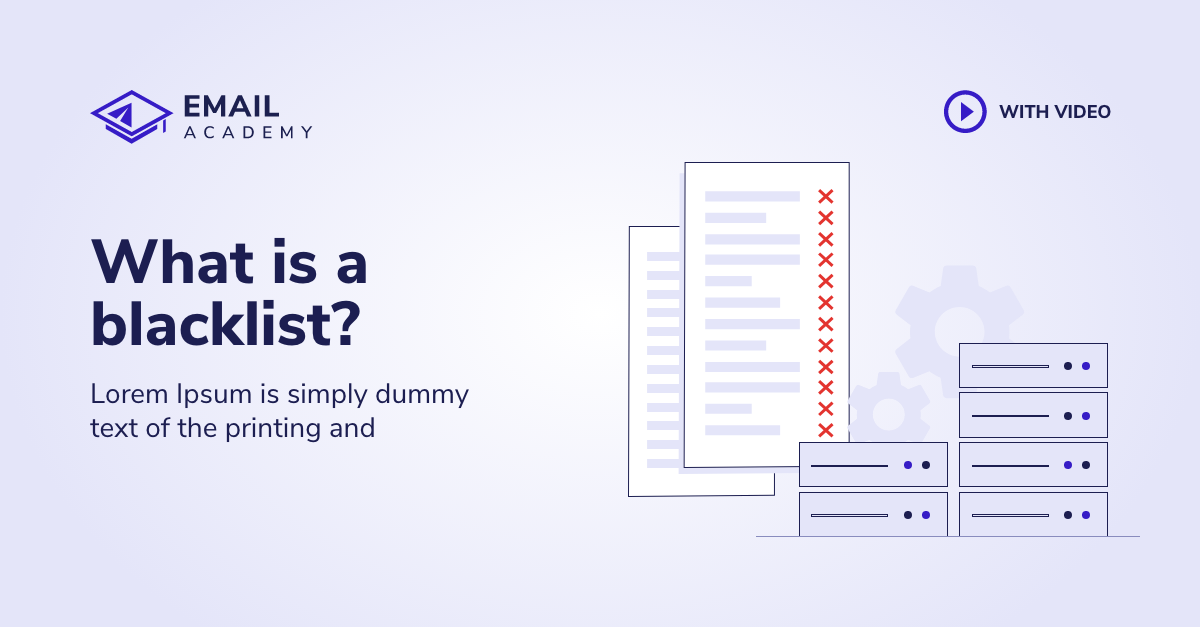 What is an email blacklist? | Email blacklist definition | EmailAcademy
Learn what a blacklist is, why EPSs and IPSs use blacklists, what the top email blacklists are, and why you should always check if you are on a blacklist.
Read more »
, you first have to understand the root of the problem and what blacklisting actually is.
What is an email blacklist? | Email blacklist definition | EmailAcademy
Learn what a blacklist is, why EPSs and IPSs use blacklists, what the top email blacklists are, and why you should always check if you are on a blacklist.
Read more »
, you first have to understand the root of the problem and what blacklisting actually is.
Blacklisting is the process of identifying the IP addresses and domains of all the accounts that seem to be used for sending out mass SPAM emails and then collecting them in a list.
The recipients’ email provider and Internet Service Provider compare all of the incoming messages and the data contained on the blacklist. If they find a match in the message’s domains or IPs and the information on the blacklist, the email is flagged and removed from the recipient's inbox and moved to their SPAM filter.
If you get on a blacklist, you may experience a huge drop in your open and
click-through rates
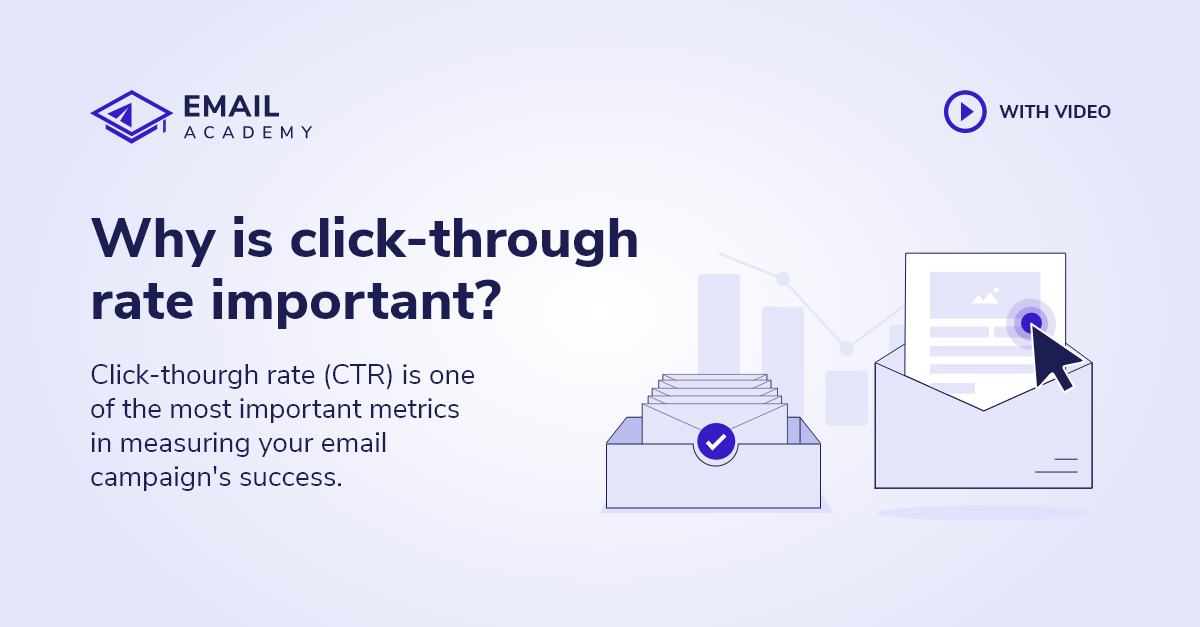 Why is click-through rate important?
In this lesson, you'll learn why CTR affects your inbox rate and ROI, what's considered a good CTR, what makes people click an email link and ways to increase click-through rate.
Read more »
and a highly increasing
email bounce rate.
Why is click-through rate important?
In this lesson, you'll learn why CTR affects your inbox rate and ROI, what's considered a good CTR, what makes people click an email link and ways to increase click-through rate.
Read more »
and a highly increasing
email bounce rate.
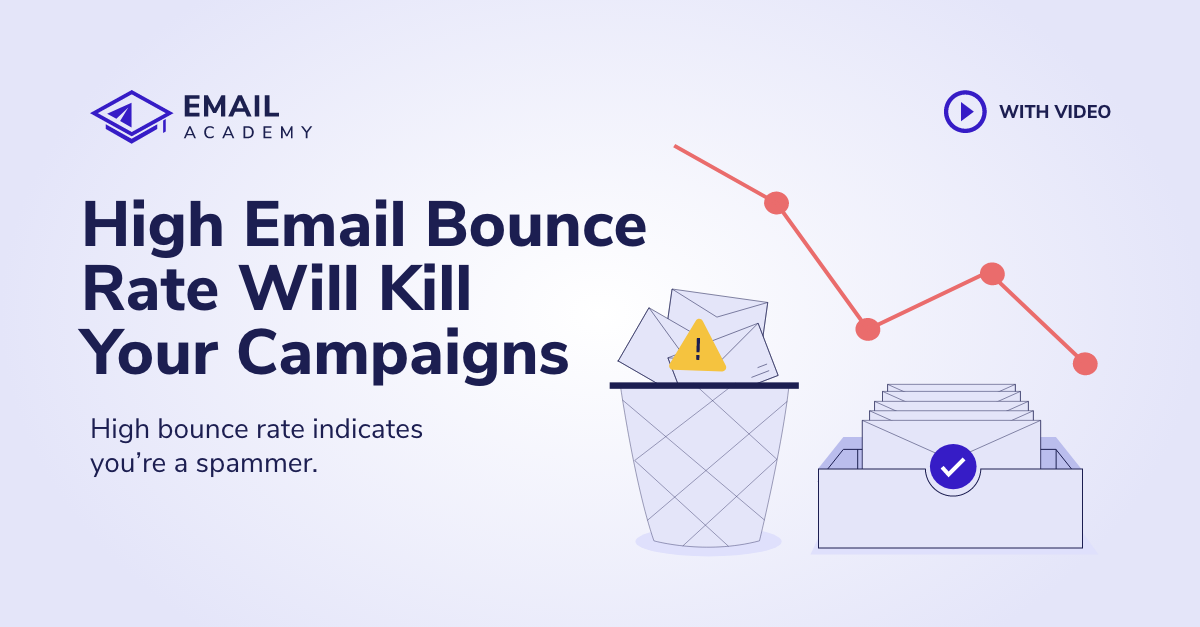 High Email Bounce Rate Will Kill Your Campaigns | Email Bounce Rate | EmailAcademy
Bounce rate in email marketing is an important factor. Learn what is it, and why you should keep it as minimal as possible!
Read more »
This is probably the worst nightmare of an email marketer.
High Email Bounce Rate Will Kill Your Campaigns | Email Bounce Rate | EmailAcademy
Bounce rate in email marketing is an important factor. Learn what is it, and why you should keep it as minimal as possible!
Read more »
This is probably the worst nightmare of an email marketer.
Why Do People Get on a Blacklist?
Okay, now you know what blacklists are and how they work. The next step is getting to know the causes of being blacklisted. If you know what people are doing wrong, you can keep that in mind when creating email marketing campaigns and avoid making the same mistakes.
Let’s see the most common faults in people’s emails that lead to ending up on a blacklist:
- If you don’t authorize your emails correctly, you cannot expect to be seen as the real sender of the emails. Without proper authorization, you are illegitimate and misleading.

2. Sending a huge number of emails to those people who have not subscribed to receive messages from you.
- Rented, purchased, or collected email lists from the internet are not addresses you can simply email without any risk.

3. Sending a huge number of emails to addresses you have not verified
- It is common that emails expire, people mistype them, or they disappear after a short period of time, causing you to send emails to non-existing addresses and increse your
hard bounce rate
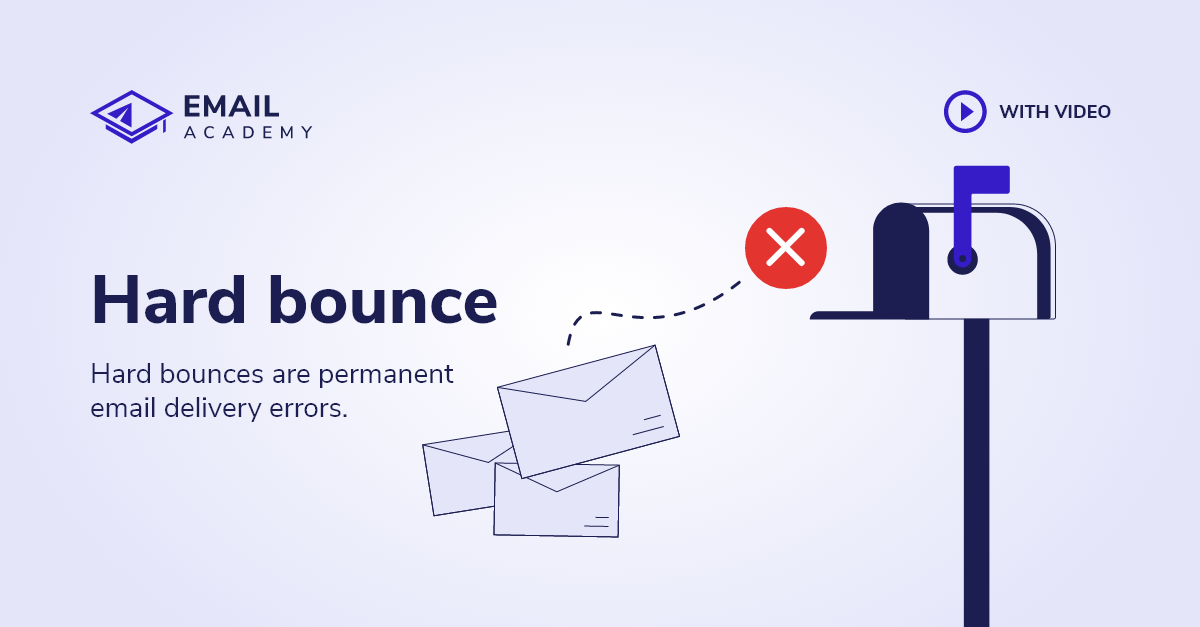 What is a hard bounce? | Hard bounce definition | EmailAcademy
Learn what hard bounces are on ©EmailAcademy, and what harm can it cause to your email campaign!
Read more »
. This is a huge indicator of being a spammer.
What is a hard bounce? | Hard bounce definition | EmailAcademy
Learn what hard bounces are on ©EmailAcademy, and what harm can it cause to your email campaign!
Read more »
. This is a huge indicator of being a spammer.

4. Sending emails that might be marked as spam and receiving a massive amount of complaints.
- If you don’t mention any personal information, like to name of the recipients, in your emails, or include many spam words such as “free” something, “make quick money”, “earn”, or “buy now”, your emails will be more likely to be marked as spam and receive complaints from the recipients.

5. Phishing and a huge amount of irrelevant content
- If your emails contain any content that asks to reveal personal information, such as passwords and credit card numbers, that is considered phishing, which is highly illegal.
- Sending a myriad of irrelevant content to the recipients is also considered to be taboo if you don’t want to seem like a spammer. Email marketing is about sending content to subscribers they are interested in.

Bear in mind these mistakes, and never commit them to make sure you don’t make yourself a spot on any blacklist.
How to Avoid Being Blacklisted?
We talked about what NOT to do to ensure we don’t end up on a blacklist. It’s time to talk about what you SHOULD do to avoid the tragedy.
Here are the tips and steps to take to keep yourself off of blacklists:
1. Do not spam!
This is probably the most obvious and straightforward course of action to quit if you don’t want to get blacklisted. SPAM filters will examine every little detail in your emails and will be able to tell if you intend to spam people with unwanted content.
- Don’t include any commonly used spam words.
- Use only opt-in subscribers.
- Write content that your recipients are interested in.
- Personalize your emails.
- Include an “Unsubscribe” link in your emails at all times.
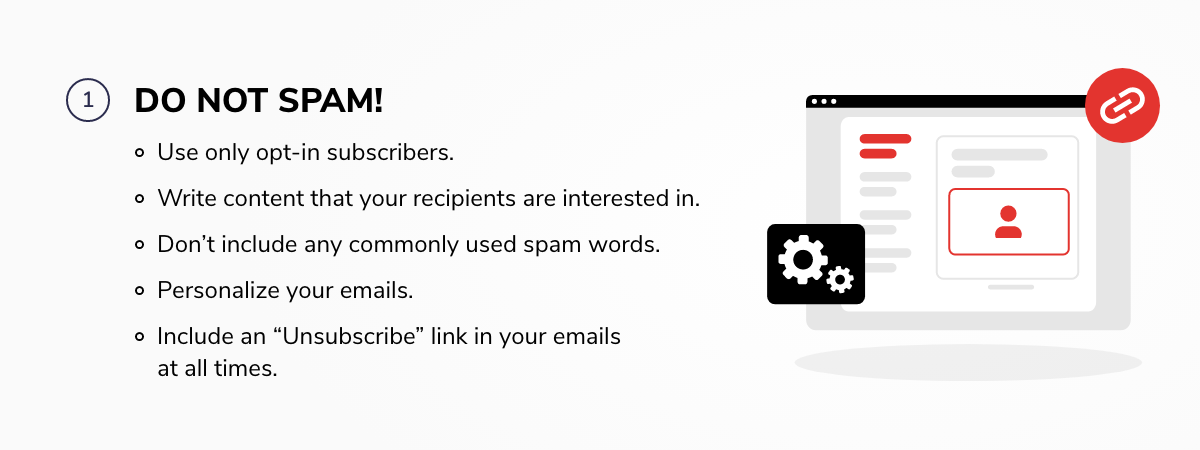
2. Have proper authorization.
Setting up both SPF and DKIM
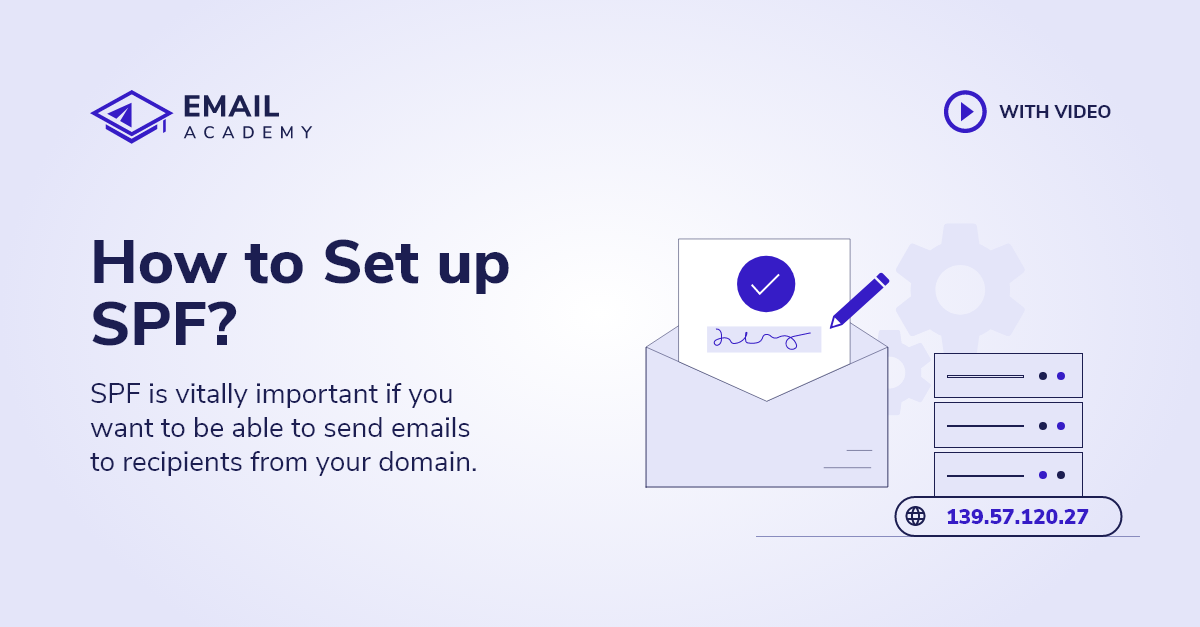 How to set up SPF?
How to set up SPF?
Read more »
correctly is a crucial part of email marketing. This is the best way to ensure that your emails are safe. Most of the time, your email server can assist you in setting them up the right way.
How to set up SPF?
How to set up SPF?
Read more »
correctly is a crucial part of email marketing. This is the best way to ensure that your emails are safe. Most of the time, your email server can assist you in setting them up the right way.
You can also
test your SPF and DKIM with Email Academy’s tool
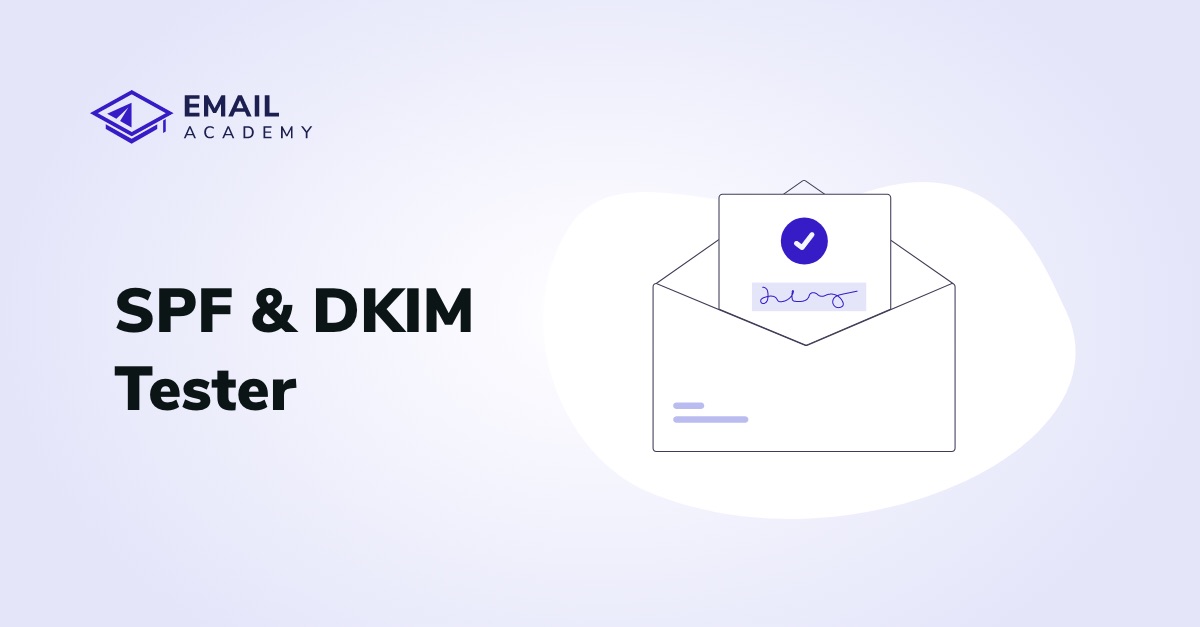 SPF & DKIM Tester
SPF & DKIM Tester
Read more »
to make sure your authorization is correct, and you can send emails without them not being delivered.
SPF & DKIM Tester
SPF & DKIM Tester
Read more »
to make sure your authorization is correct, and you can send emails without them not being delivered.
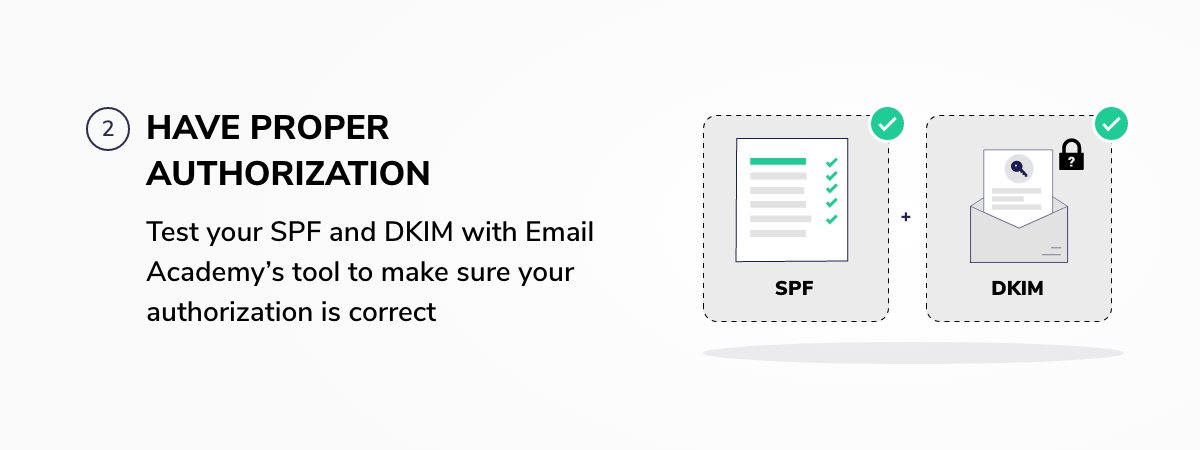
3. Verify your email addresses before sending them.
A clean list leads to a clean way for your emails to reach the inbox of your recipients. Emails that don’t exist or are only temporary have no place on your lists. Identify and remove them as soon as possible.
- You can use
Email Academy’s tool, Email Verification
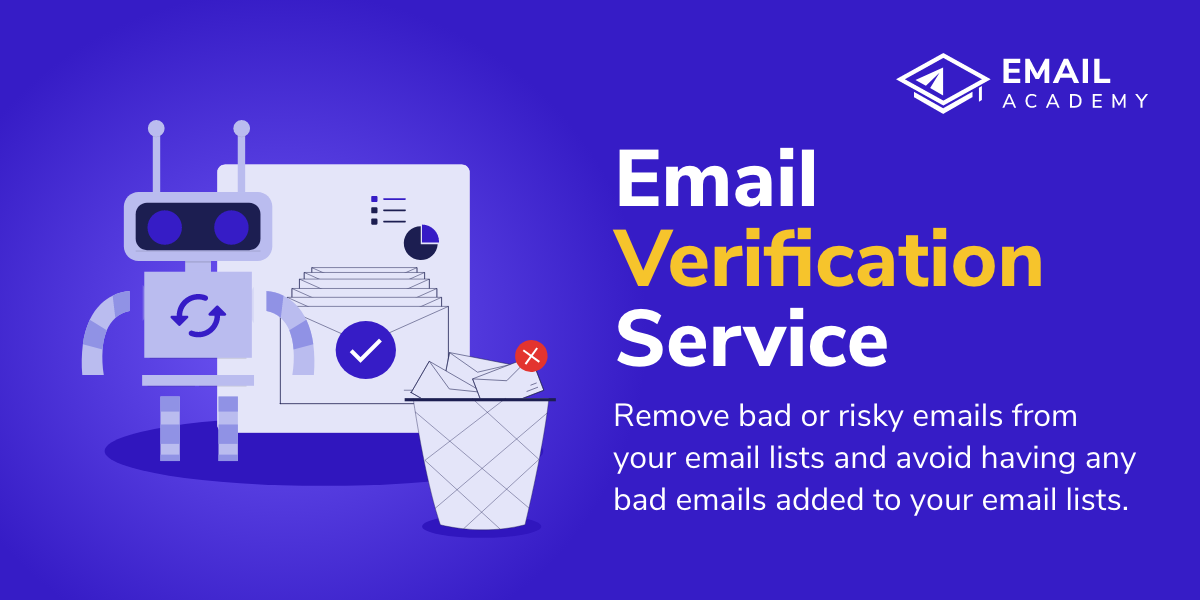 Email Verification Service
Remove bad or risky emails from your email lists and avoid having any bad emails added to your email lists. Bad emails can damage your email reputation. Use EmailAcademy s Email Verifier to have good emails only.
Read more »
, to remove any bad or risky emails from your list.
Email Verification Service
Remove bad or risky emails from your email lists and avoid having any bad emails added to your email lists. Bad emails can damage your email reputation. Use EmailAcademy s Email Verifier to have good emails only.
Read more »
, to remove any bad or risky emails from your list. - Another option is using MillionVerifier’s one-time verification and downloading the reports about the Good, Risky, and Bad emails on the uploaded lists.
- You can also up your verification game and set up an
automated email verification
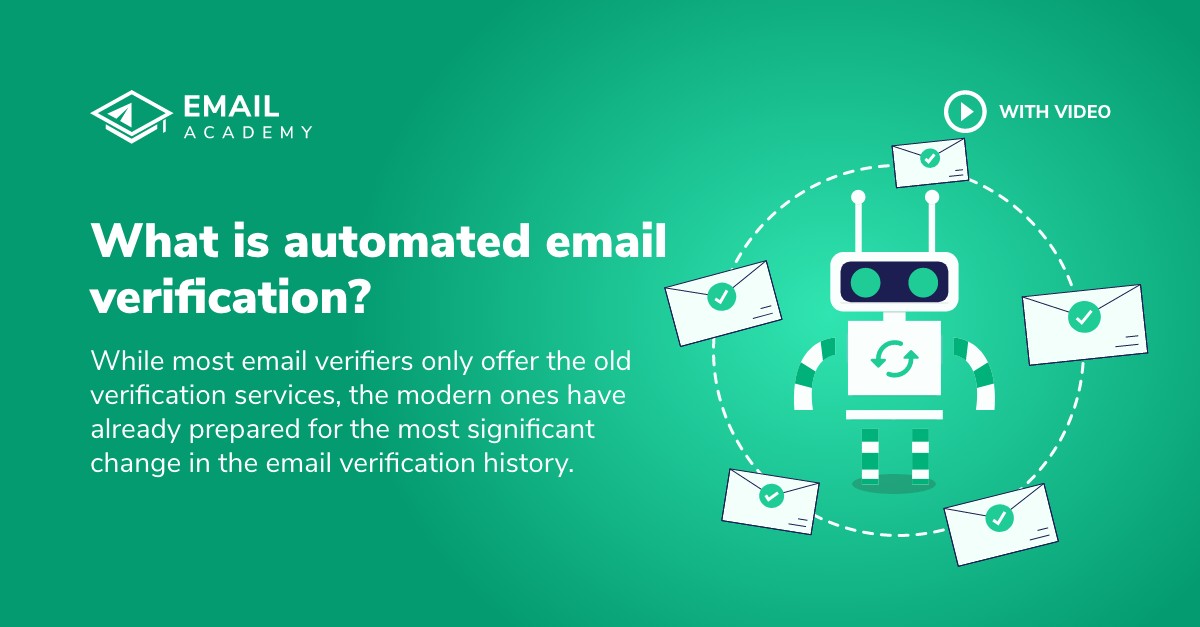 What is automated email verification?
What is automated email verification?
Read more »
called EverClean in MillionVerifier and get your lists verified daily, and remove any Invalid and
Disposable emails
What is automated email verification?
What is automated email verification?
Read more »
called EverClean in MillionVerifier and get your lists verified daily, and remove any Invalid and
Disposable emails
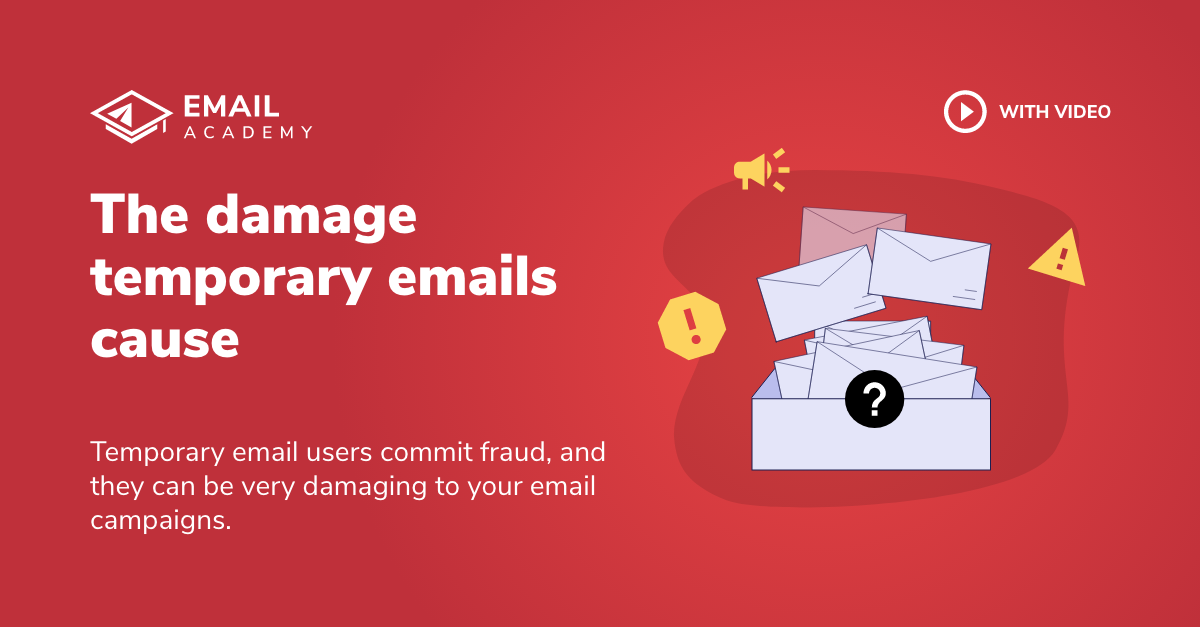 The damage temporary emails cause
The damage temporary emails cause
Read more »
from them automatically.
The damage temporary emails cause
The damage temporary emails cause
Read more »
from them automatically.
Pay attention to verifying your email lists on a regular basis from time to time to avoid sending messages to Invalid or Disposable emails.
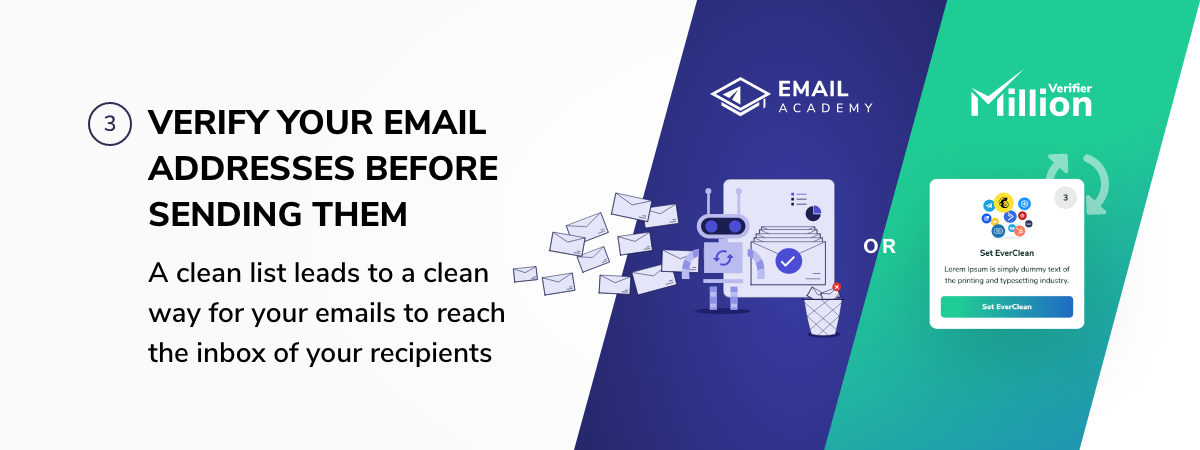
+1 Monitor if your IP addresses or domains are blacklisted or not.
This is a bonus tip for forestalling and alertness. Prevent the sudden shock and panic of finding out you got on a blacklist. Keep monitoring your IP address and
check whether you are on any blacklist
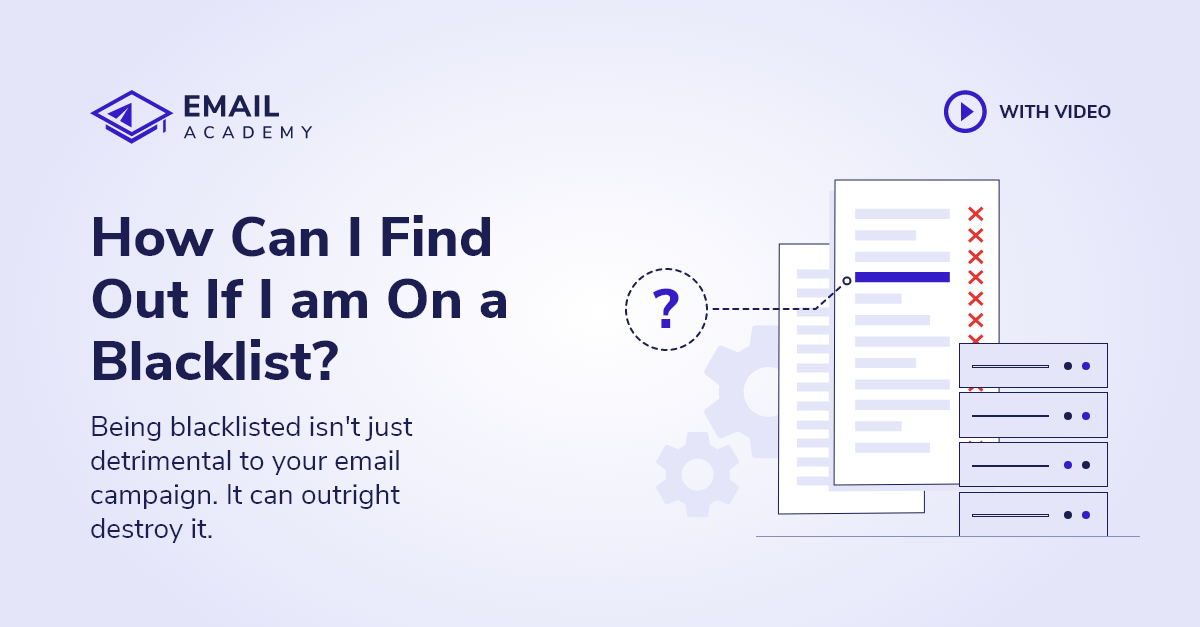 How Can I Find Out If I am On a Blacklist?
Being blacklisted isn't just detrimental to your email campaign. It can outright destroy it in most situations, especially if you don't take steps to fix the problem as fast as you can.
Read more »
or not regularly.
How Can I Find Out If I am On a Blacklist?
Being blacklisted isn't just detrimental to your email campaign. It can outright destroy it in most situations, especially if you don't take steps to fix the problem as fast as you can.
Read more »
or not regularly.
- With
Email Academy’s Blacklist Monitor,
Blacklist Monitor Blacklist Monitor Read more » you can add 50-10,000 IP addresses or domains, and the tool will check whether they are blacklisted or not once every 2 hours.
- In case you get blacklisted, you will instantly be notified about the problem and can take action to get off of it. The sooner you act, the better it is for your reputation!
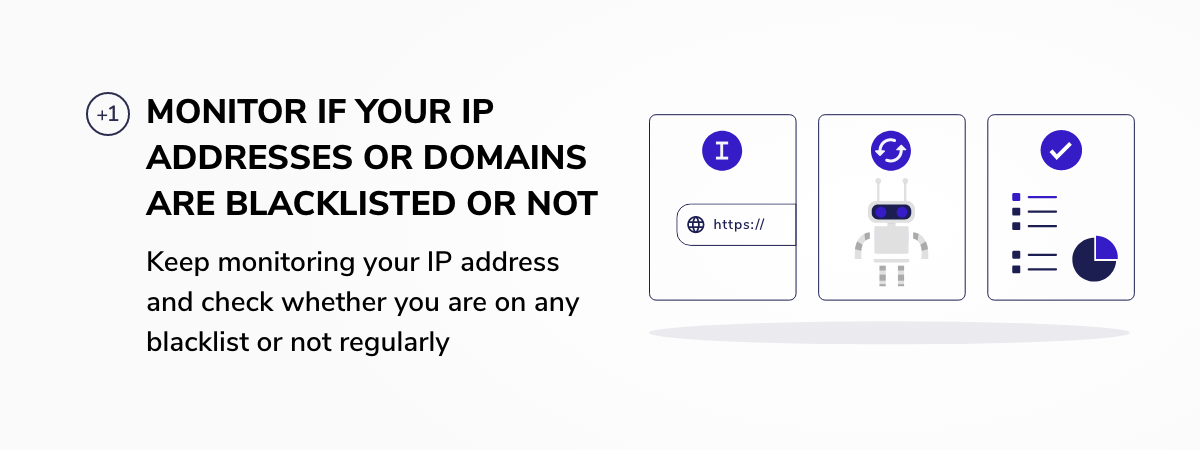
If you consider these tips every time you create and send email marketing campaigns, you can protect yourself and your IP addresses or domains against blacklisting.
As a recap of all the useful information in this lesson, here is a summary of all the things you could learn:
- Blacklisting is used to keep track of spammers and prevent them from delivering emails to recipients.
- There are different reasons for getting on a blacklist, such as not setting up proper SPF and DKIM, sending messages to people who haven’t subscribed to you, and including common spam words in your emails.
- You can avoid being blacklisted by not spamming, having correct authorization, and verifying your email addresses before sending emails.
- By monitoring your IPs and domains and checking automatically whether you are blacklisted or not, you can instantly take action when something goes wrong.
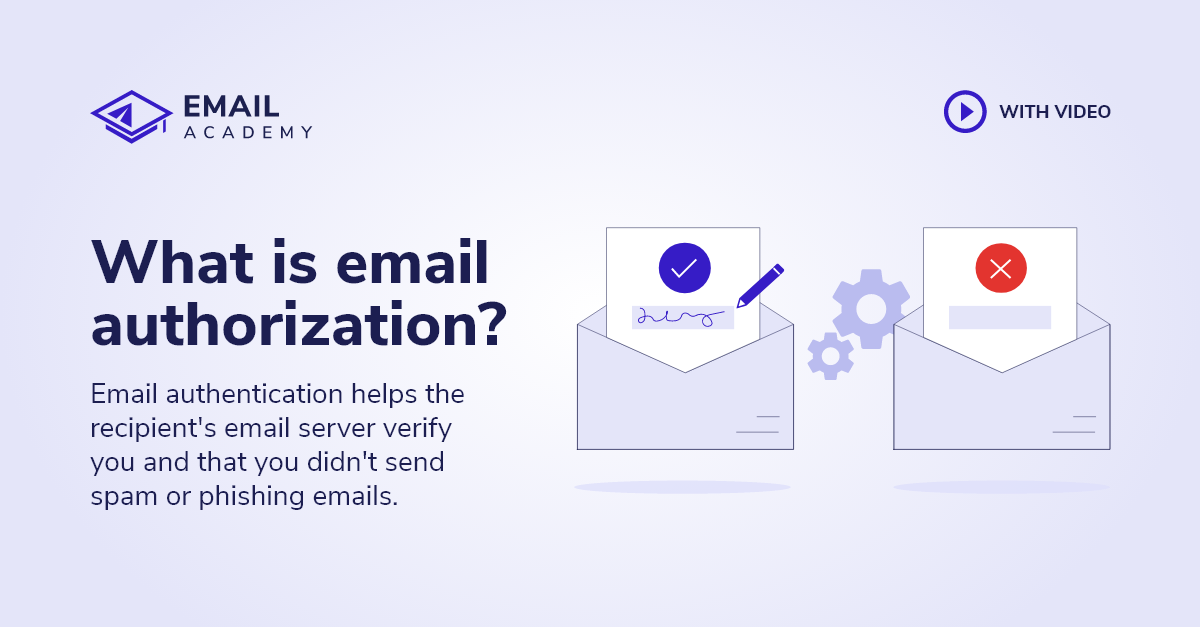 What is email authorization (SPF, DKIM)? | Email authentication
What is email authorization (SPF, DKIM)? | Email authentication
 Blacklist Monitor
Blacklist Monitor

